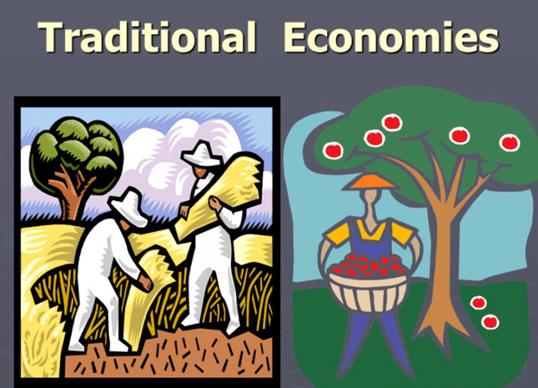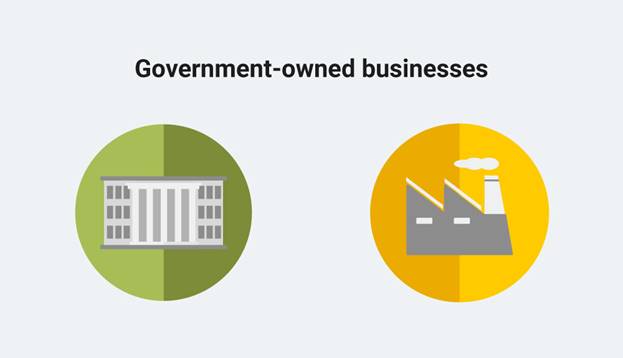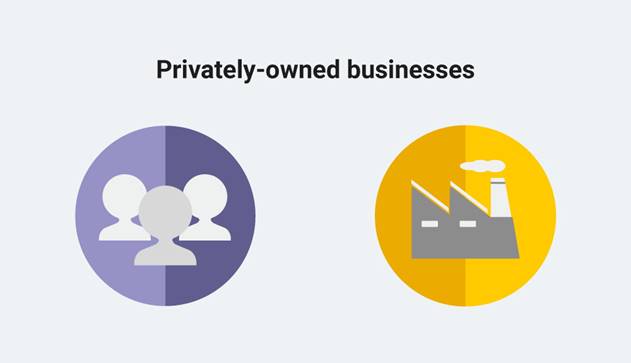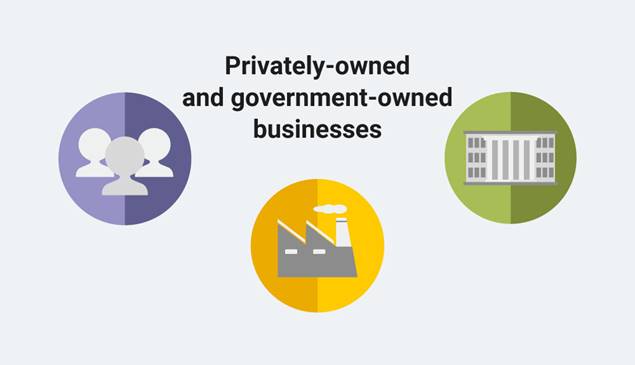Economic
Systems
Key Terms
ü economic system: the organized way a society provides goods and
services to meet the wants and needs
of its people
ü command economy: an economic system in which the government
makes the economic decisions
ü traditional economy: an economic system in which habits,
customs, and religion are the reasons for making economic decisions
ü market economy: an economic system in which the people make the
economic decisions
ü mixed economy: a market-based economy in which the government
plays a role
ü consumer goods: items that satisfy people's wants
ü consumers: people who buy goods and services
ü market: an arrangement that allows buyers and sellers
to exchange goods and services
ü producers: people and companies that make and sell goods
ü specialize: to produce or provide only one or a few goods
or services
Let's Practice
Click
here to watch a Flocabulary on the Economic Systems.
username:
masloski7511
password:
lemon6753
Economic Systems
An economic system is the organized way a
society provides goods and services to meet the wants and needs of its people.
In this unit, you will learn about different economic systems.
The answers to three questions determine the
type of economic system a society or nation has.
1.
WHAT goods and services should be produced?
2.
HOW should goods and services be produced?
3.
WHO should receive the goods and services?
Traditional Economy

People trade the goods and services they decide
to produce for goods and services they need. This simple trade system is called
a barter
economy.
Traditional barter economies were the only way
to trade in earlier times (before money existed). This type of economy is still
used in some small and informal communities today.
Command Economy

A centralized government owns all the resources
needed to produce goods and services. The government determines what to
produce, how it is produced, how much to charge, and the means of distribution.
Consumers do not have many choices. They
purchase what the government produces at the price the government decides.
Command economies are most often associated with
a political philosophy called communism. North Korea and Cuba are the few
remaining examples of command economies. China had a command economy before it
made free market economic reforms in the 1980s and 1990s.
Market Economy

Consumers and business owners control the
production and distribution of goods and services. Decisions are motivated by
self-interest and competition.
Consumers have many choices in a market economy
but fewer price controls.
This formula for "free" (or
unlimited) market economies is associated with an economic policy called
capitalism.
Mixed Economies

A mixture of individually- and government-owned
businesses determines what to produce, how it is produced, how much to charge,
and the means of distribution.
Most countries, including the United States,
have a mixed economic system. Pure command or pure market economies are rare.
Mixed economies are flexible and perform better in today's complex world.
Let’s Practice